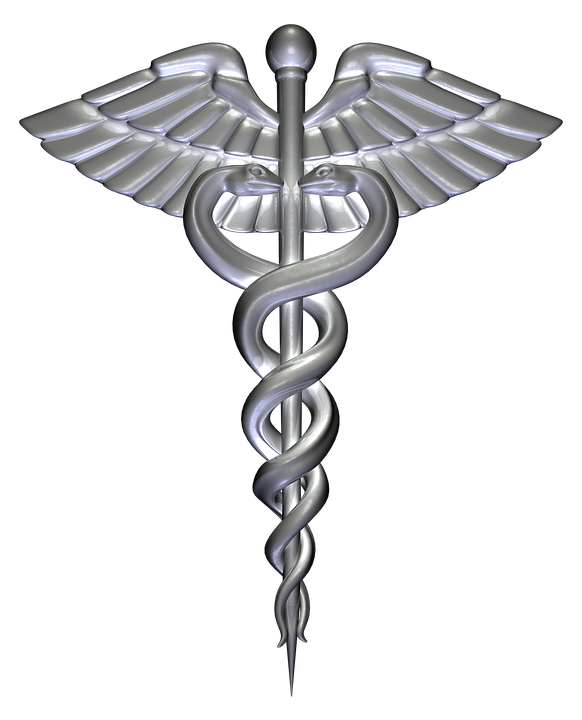Published on: April 16, 2022

HEALTHCARE AS AN OPTIONAL PUBLIC SERVICE
HEALTHCARE AS AN OPTIONAL PUBLIC SERVICE

UNIVERSAL HEALTH CARE
WHAT
- All people have access to the health services they need, when and where they need them, without financial hardship.
- Includes the full range of essential health services, from health promotion to prevention, treatment, rehabilitation, and palliative care.
ROUTES TO ACHIEVE
- Two basic approaches: public service and social insurance
- In the first approach, health care is provided as a free public service, just like the services of a fire brigade or public library
- The second approach (social insurance) allows private as well as public provision of health care, but the costs are mostly borne by the social insurance fund(s), not the patient
- The basic principle is that everyone should be covered and insurance should be geared to the public interest rather than private profit
CHALLENGES
- Absence of public health centres, dedicated to primary health care and preventive work, create the risks of patients rushing to expensive hospitals every other day thus making the whole system wasteful and expensive.
- Containing costs is a major challenge with social insurance, because patients and health-care providers have a joint interest in expensive care — getting better healthcare for one and earning for the other
- Identifying what services are to be universally provided to begin with and what level of financial protection is considered acceptable.
- Another challenge with social insurance is to regulate private health-care providers. A crucial distinction needs to be made between for-profit and nonprofit providers.
- Non-profit health-care providers have done great work around the world
- For-profit health care, however, is deeply problematic because of the pervasive conflict between the profit motive and the well-being of the patient.
HEALTHCARE AS AN OPTIONAL PUBLIC SERVICE (HOPS) FRAMEWORK
- It is possible to envisage a framework for UHC that would build primarily on health care as a public service. The framework might be called “Healthcare As An Optional Public Service” (HOPS).
- Under HOPS, everyone would have a legal right to receive free, quality health care in a public institution if they wish.
- It would not prevent anyone from seeking health care from the private sector at their own expense.
- But the public sector would guarantee decent health services to everyone as a matter of right, free of cost.
- If quality health care is available for free in the public sector, most patients will have little reason to go to the private sector.
- Social insurance could also play a role in this framework by helping cover procedures that are not easily available in the public sector (e.g., high-end surgeries).
- Although HOPS would not be as egalitarian as the national health insurance model initially, it would still be a big step toward UHC.
- Moreover, it will become more egalitarian over time, as the public sector provides a growing range of health services.
- The basic principles remain: everyone should be covered and insurance should be geared to the public interest rather than private profit.
EXAMPLES OF HOPS
- Tamil Nadu is well placed to make HOPS a reality under its proposed Right to Health Bill.
- Tamil Nadu is already able to provide most health services in the public sector with good effect (according to the fourth National Family Health Survey, a large majority of households in Tamil Nadu go to the public sector for health care when they are sick).
- The scope and quality of these services are growing steadily over time.
- A Right to Health Bill would be an invaluable affirmation of the State’s commitment to quality health care for all.
- It would empower patients and their families to demand quality services, helping to improve the system further. Last but not least, it would act as a model and inspiration for all Indian States.

